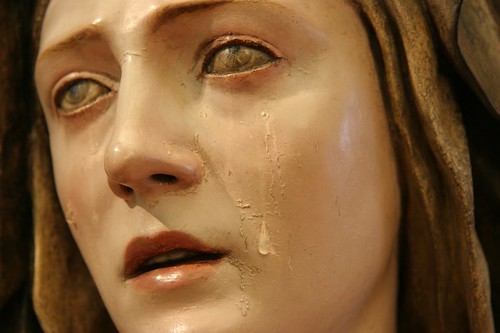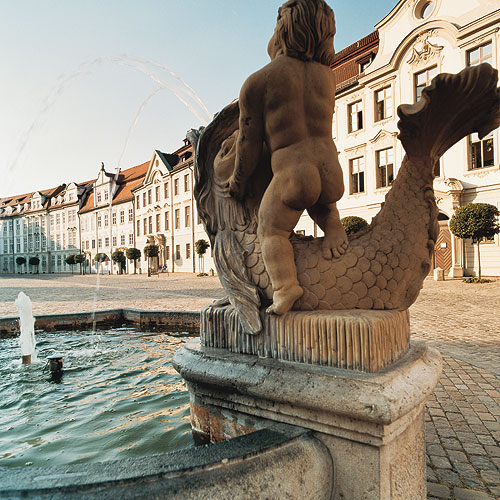I have been reading more accounts of those who were abused by priests and who then committed suicide.

“…les pauvres, les paumés, les malades, les suicidés
En qui j’ai vu Ton visage.
Eux aussi présent tous les jours.
Élève-les jusqu’à Ton épaule pour les consoler.” (Michael Lonsdale)










